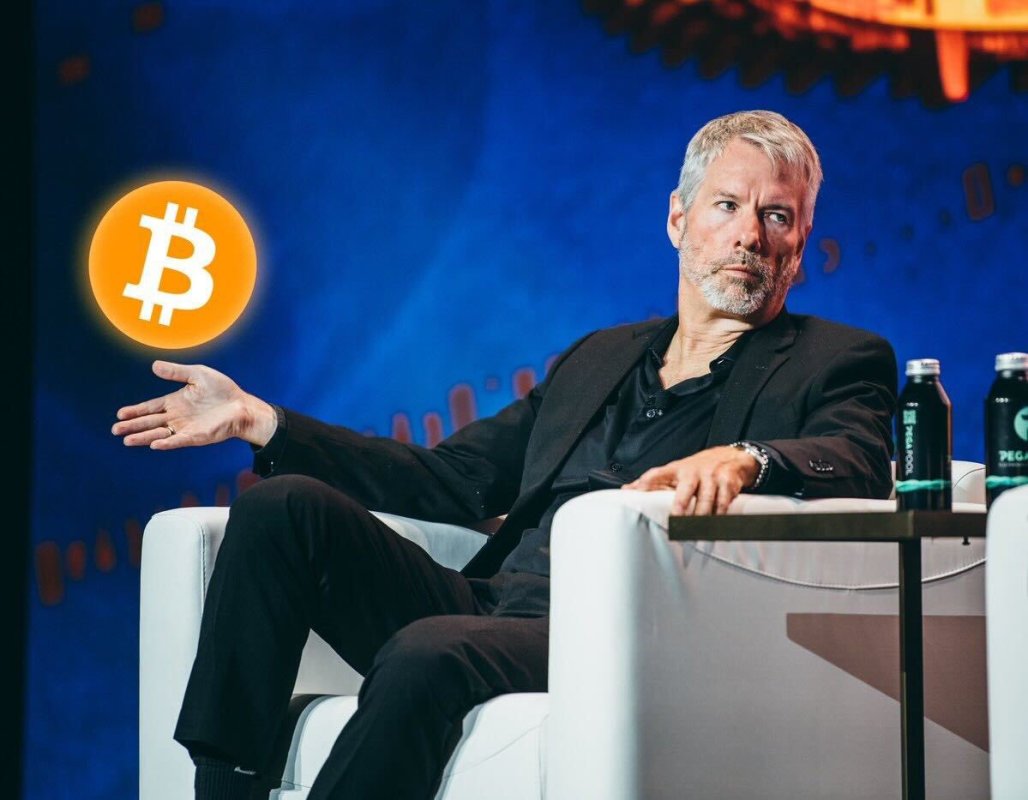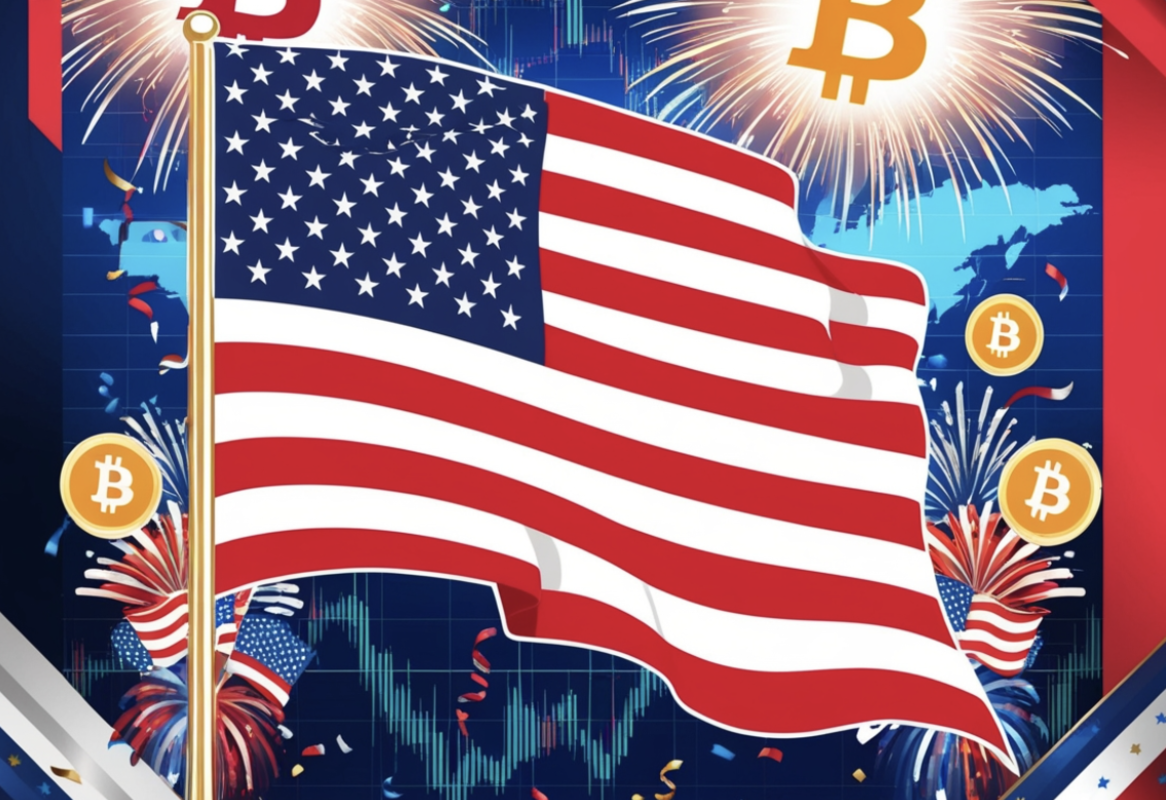Deadpool & Wolverine Needs to Kill the Old X-Men for Good
Every couple of months in comic book-centric social media circles, someone reposts a comics page in which Deadpool shooting Spider-Man in the head or decapitating an exhausted Bruce Banner. These panels usually spark arguments about whether or not these kills are in character (they aren’t) or if the entire thing is a joke (it is). […] The post Deadpool & Wolverine Needs to Kill the Old X-Men for Good appeared first on Den of Geek.

Every couple of months in comic book-centric social media circles, someone reposts a comics page in which Deadpool shooting Spider-Man in the head or decapitating an exhausted Bruce Banner. These panels usually spark arguments about whether or not these kills are in character (they aren’t) or if the entire thing is a joke (it is).
Eventually, someone points out that the pages come from Deadpool Kills the Marvel Universe, a 2012-2013 miniseries by Cullen Bunn and Dalibor Talajic. The story involves Deadpool’s fourth-wall-breaking powers driving him so mad that he decides to kill all the other Marvel characters because they’re fictional and their lives don’t matter. Deadpool Kills the Marvel Universe may have inspired controversy, but it also inspired several sequels, including Deadpool Kills the Marvel Universe Again.
From all that we’ve seen so far, Deadpool & Wolverine seems to have little in common with Bunn and Talajic’s take. Sure, Deadpool and Wolverine will tussle, a misunderstanding in the classic superhero mold. But in the end, Wade Wilson’s admiration for Logan will surely win out and the two will team up to take down the villainous Cassandra Nova.
But Kevin Feige shouldn’t make them best friends forever. For the sake of the MCU’s future, Deadpool needs to kill the Fox X-Men once and for all, so that the X-Men movies of tomorrow can carve their own path, one that plays more closely to the themes of the source material.
The Evolution of the X-Men
The X-Men are Marvel’s most important characters. No, the X-Men aren’t the best or most popular Marvel characters, those titles belong to the Fantastic Four and Spider-Man. But the X-Men crystallize something that drove the Marvel Age of comics, the idea of superheroes whose powers made life more difficult. Where the Golden Age heroes lent themselves to power fantasies, the Marvel characters drew from the strange tales of sci-fi and horror, about bodies changing in upsetting and mysterious ways.
While the first X-Men comics by Stan Lee and Jack Kirby, and then Roy Thomas and Neal Adams, didn’t always take advantage of that premise, the promise of the franchise eventually came to fruition under the guidance of Chris Claremont and his amazing co-creators, including John Byrne, Louise Simonson, and Ann Nocenti. Together, this group of creatives explored the X-Men as a metaphor for oppressed groups (do not believe Stan Lee’s untrue and ignorant claim that he based Professor X and Magneto on Martin Luther King Jr. and Malcolm X), making the most soap operatic and relevant comics of the era.
Furthermore, Claremont and the creatives who followed used that foundation to explore themes of sexual, gender, and racial identity. Queer characters such as Mystique, Northstar, and Ice Man get attention and respect, while the line-up increasingly includes non-binary characters such as Cam Long and Madin. X-Men books such as the miniseries Children of the Atom (2021) deal with appropriation of culture, while the Krakoa era explores questions of statehood and sovereignty.
In short, X-Men comics might be about cool people in bright costumes punching each other, but they’re also about so much more.
To be sure, those rich themes do show up in the live-action X-Men movies. 2000’s X-Men begins with an audacious sequence in which the young Magneto tears apart the gates of Auschwitz. In X2: X-Men United, the conversation between Ice Man Bobby Drake and his mother plays like a coming out story (“Have you tried not being a mutant?”). And while Dark Phoenix does nothing well, Mystique’s (Jennifer Lawrence) terrible line, “You might want to think about changing the name to X-Women,” underscores how much attention female characters get in this world.
And yet, that’s about it. Nothing in any of the X-Men live-action movies even match the power of the recent X-Men ’97 episode “Remember It,” in which mutant joy is so offensive to humans that they slaughter almost all of the mutants on their sovereign island of Genosha.
Instead, the live-action X-Men adaptations only flirt with the bigger ideas that make the comics so beloved. The 2000 movie limited the team to a few members, and still focused almost exclusively on Wolverine and Rogue, and dressed them in black leather. X2 introduced a host of new mutants but, with the exception of Nightcrawler, limited them to cameos. Even the movies that came after the establishment of the MCU only dabbled in the larger mythos. X-Men: Days of Future Past and X-Men: Apocalypse featured tons of new characters, but the movies focused on the drama of Charles Xavier’s relationships with Magneto and Mystique.
In other short, 20th Century Fox produced superhero movies for a general audience familiar with sci-fi and action tropes. In doing so, they not only shaved off most of the controversial or thought-provoking parts of the X-Men, but also failed to take advantage of the themes offered by superhero fiction.
X-Men Arrive in the MCU
Although Deadpool & Wolverine presents itself as the first proper X-Men film in the Marvel Cinematic Universe, it’s also shaping up to be a goodbye to the pre-MCU Marvel films. The film will follow Deadpool and Wolverine as they get recruited by the Time Variance Authority, and will include cameos from a number of characters from the Fox era. In the most recent trailer, we can see antagonists from previous X-Men movies, including Azazel from X-Men: First Class, Callisto from X-Men: The Last Stand, Lady Deathstrike and Pyro from X2, Toad (and maybe Sabretooth) from X-Men.
Rumors have long suggested that Jennifer Garner will reprise her role as Elektra from the ill-fated Daredevil and Elektra movies, both produced by Fox, and we might see some members of the Fox Fantastic Four show up, too. The trailer also gives viewers a peak at the Russian, a minor antagonist in 2004’s The Punisher, which came from Lions Gate Films, not 20th Century Fox.
All in all, then, Deadpool & Wolverine offers a nostalgic farewell to the superhero movies of the 2000s. The Wolverine in yellow spandex replaces the black leather version from the original films, and the lead duo will fight non-comics accurate versions of Pyro (not wearing yellow and not Australian), Toad (not wearing that weird medieval collar), and Callisto (two eyes!?!). This all plays out in the Void, with the remains of the 20th Century Fox logo in the background.
As the film gives one last hurrah for movies, beloved or otherwise, that blazed the trail of superhero movies, it should also close the book on the Fox X-Men forever. Most of the Fox X-Men movies were good. Some, such as X2 and Days of Future Past, were great. And some were terrible (looking at you, Last Stand and Dark Phoenix). But they all come from a past time, before superhero movies had enough support to go as deep or far as they should go into the source material.
Of course, the litigious nature of the MCU’s construction makes the inclusion of the X-Men difficult. Even within the world of comics, in which the first X-Men comic arrived just a few years after the Marvel Universe began with Fantastic Four #1, writers struggled to explain why people loved the Human Torch but feared and hated Ice Man.
Even more than the comics that inspired it, the MCU operates on fandom, with people within and without the fictional world expressing their love of the characters (see AvengerCon from Ms. Marvel). Which means that Fiege and co. have a challenge in front of them when introducing the team into the mainline MCU. Why doesn’t anyone in the MCU really know anything about the X-Men or mutants in general? Perhaps the MCU X-Men will follow the lead of the upcoming Fantastic Four and take place in a different universe, a place where the public isn’t used to superheroes and thus fears the mutants. Or perhaps they’ll have the X-Men appear suddenly in the MCU, perhaps on the sovereign nation of Krakoa, disrupting the status quo and turning the public against them.
Or, they just don’t worry about explaining it. After all, the X-Men concept began when Stan Lee got tired of coming up with origins and just decided they would be mutants. No part of the mutant concept holds up to scrutiny, and it won’t when being added to a shared universe that’s over 15 years old.
And that’s not the point anyway. People come to X-Men stories not to understand the logistics of mutation, but to see amazing powers, crazy storylines, and thematic depth. The X-Men movies of past touched on these elements, but never used them to full potential. So for the sake of the franchise, for the sake of evolution, Deadpool should, and must, kill the old Fox X-Men to give the new MCU X-Men a chance.
Deadpool & Wolverine hits theaters on July 26.
The post Deadpool & Wolverine Needs to Kill the Old X-Men for Good appeared first on Den of Geek.
What's Your Reaction?




















































